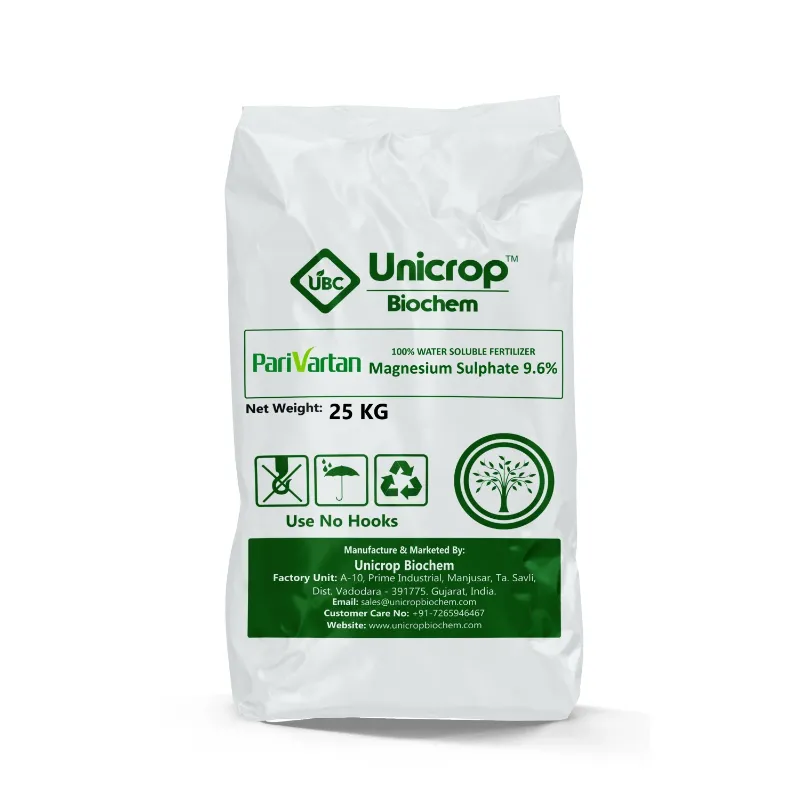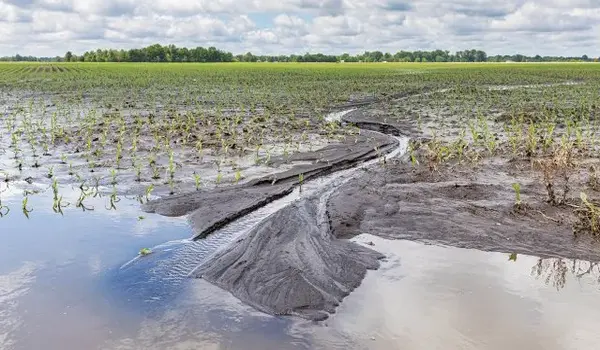Climate change is one of the most pressing issues facing modern agriculture. Its effects on weather patterns, temperature, and environmental conditions are transforming agricultural productivity and threatening food security globally. In this blog, we will explore how climate change impacts agricultural productivity and discuss potential strategies for mitigating these effects.
Understanding Climate Change and Agriculture
Climate change refers to long-term alterations in temperature, precipitation, and other atmospheric conditions. These changes can have profound effects on agricultural systems, influencing crop yields, soil health, water availability, and pest dynamics. The interplay between climate and agriculture is complex, as changing conditions can both challenge existing farming practices and create opportunities for adaptation.
Key Impacts of Climate Change on Agricultural Productivity
1. Temperature Increases
Rising temperatures can have direct and indirect effects on crops and livestock. Higher temperatures can lead to heat stress in plants, reducing photosynthesis and impairing growth. For livestock, extreme heat can impact fertility and milk production. Additionally, temperature increases can shift growing seasons, affecting crop yields and food supply.
Key Effects:
- Reduced crop yields due to heat stress.
- Increased evaporation rates, leading to water shortages.
- Changes in growing seasons and crop suitability.
2. Changes in Precipitation Patterns
Climate change can alter precipitation patterns, leading to more frequent and severe droughts or floods. Irregular rainfall affects soil moisture levels and can lead to crop failures or reduced productivity. Farmers may struggle to manage water resources effectively, impacting crop growth and soil health.
Key Effects:
- Increased risk of droughts and floods.
- Challenges in water management and irrigation.
- Soil erosion and degradation due to heavy rains.
3. Impact on Soil Health
Soil health is crucial for productive agriculture, and climate change can adversely affect soil quality. Higher temperatures and changing precipitation can lead to soil erosion, nutrient leaching, and reduced organic matter. These changes compromise soil fertility and crop productivity.
Key Effects:
- Increased soil erosion and nutrient loss.
- Decreased soil fertility and organic matter.
- Challenges in maintaining soil health and structure.
4. Pest and Disease Dynamics
Climate change can influence the prevalence and distribution of pests and diseases. Warmer temperatures and altered precipitation patterns can expand the range of pest species and increase the frequency of disease outbreaks. This can lead to higher crop losses and increased need for pest management strategies.
Key Effects:
- Expansion of pest and disease ranges.
- Increased frequency of pest and disease outbreaks.
- Higher costs for pest and disease management.
5. Changes in Crop and Livestock Productivity
Climate change can affect the growth and productivity of crops and livestock. Changes in temperature, precipitation, and CO2 levels can alter crop yields and livestock performance. Some crops may become less viable in certain regions, while others may thrive in new conditions.
Key Effects:
- Altered crop yields and quality.
- Variations in livestock productivity and health.
- Shifts in crop and livestock suitability across regions.
Strategies for Adapting to Climate Change
1. Implementing Resilient Farming Practices
Farmers can adopt practices that enhance resilience to climate change, such as crop diversification, conservation tillage, and agroforestry. These methods help improve soil health, manage water resources, and reduce the impact of extreme weather events.
Benefits:
- Improved soil health and water management.
- Enhanced crop and livestock resilience.
- Reduced vulnerability to climate-related risks.
2. Investing in Technology and Innovation
Technological advancements, such as precision agriculture, climate forecasting, and drought-resistant crop varieties, can help farmers adapt to changing conditions. Investing in these technologies enables better management of resources and enhances productivity.
Benefits:
- Efficient resource use and improved productivity.
- Better management of climate-related risks.
- Increased adaptability to changing conditions.
3. Enhancing Water Management
Effective water management is crucial for adapting to climate change. Farmers can use techniques like rainwater harvesting, drip irrigation, and soil moisture monitoring to optimize water use and reduce the impact of irregular rainfall.
Benefits:
- Improved water conservation and efficiency.
- Enhanced crop growth and yield.
- Reduced dependence on external water sources.
4. Promoting Soil Health
Maintaining and improving soil health through practices like cover cropping, organic fertilization, and reduced tillage can help mitigate the effects of climate change. Healthy soils are better equipped to retain moisture, support plant growth, and adapt to changing conditions.
Benefits:
- Increased soil fertility and water-holding capacity.
- Enhanced crop resilience and productivity.
- Reduced soil erosion and degradation.
5. Educating and Collaborating
Education and collaboration are essential for effective adaptation to climate change. Farmers, researchers, and policymakers should work together to share knowledge, develop best practices, and implement strategies that support sustainable agriculture.
Benefits:
- Increased access to information and resources.
- Development of effective adaptation strategies.
- Strengthened agricultural communities and networks.
How Unicrop Biochem Supports Climate Resilience
Unicrop Biochem offers products designed to enhance agricultural resilience to climate change. For example:
- Azoto-N Biofertilizer improves soil fertility and supports crop growth, helping farmers maintain productivity under changing conditions.
- KMB enhances nutrient mobilization, contributing to better crop yields and reduced environmental impact.
- Seaweed Extract provides essential nutrients and promotes plant health, supporting adaptation to climate stressors.
By integrating Unicrop Biochem’s products into their farming practices, farmers can enhance their resilience to climate change and improve overall productivity.
Conclusion
Climate change poses significant challenges to agricultural productivity, affecting temperature, precipitation, soil health, and pest dynamics. By adopting resilient farming practices, investing in technology, and enhancing water and soil management, farmers can adapt to these changes and maintain productivity. Unicrop Biochem’s products support these efforts by providing effective solutions for soil health and crop management. Embracing these strategies not only helps mitigate the impacts of climate change but also promotes a more sustainable and resilient agricultural system.





















